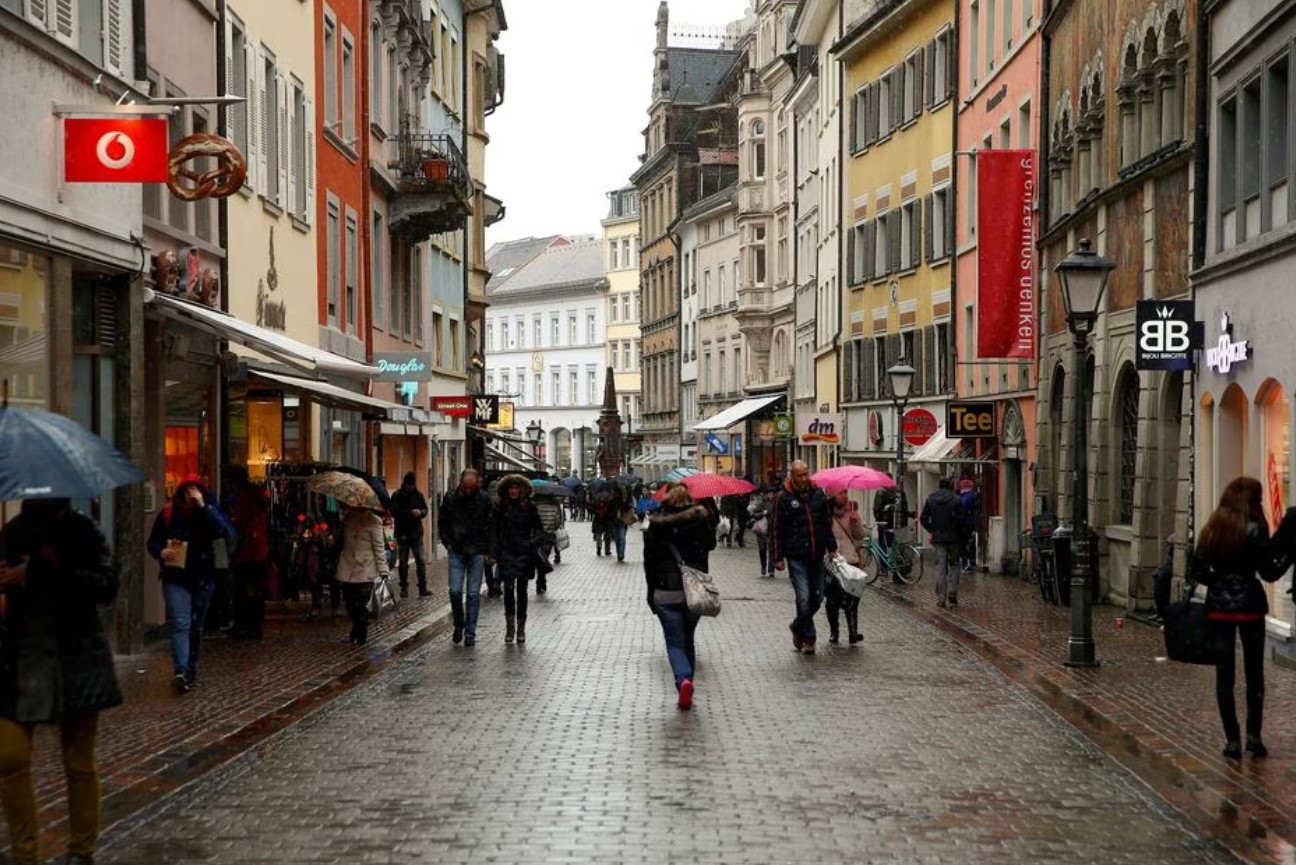German consumer sentiment is set to tumble in February as households continue to brace for uncertainty, swiftly dashing faint hopes of recovery for Europe’s largest economy after a rise at the turn of the year, a survey showed on Friday.
The consumer sentiment index unexpectedly fell heading into February, dipping to -29.7 points from -25.4 the month before. Analysts polled by Reuters had expected a slight rise to -24.5.
“If there were any hopes of a sustained recovery in sentiment, these were dashed in January,” said Rolf Buerkl, consumer expert at the NIM. “The consumer climate suffered a severe setback at the beginning of the year.”
Consumers’ willingness to save soared at the start of the year to its highest point since August 2008, which in particular led to the dip in overall sentiment, with decreases in income expectations and the propensity to buy also contributing.
Crises and wars, as well as persistently high inflation, are preventing any lasting improvement, according to the monthly survey of around 2,000 consumers published by the GfK institute and the Nuremberg Institute for Market Decisions (NIM).
The consumer climate indicator forecasts the progress of real private consumption in the following month.
An indicator reading above zero signals year-on-year growth in private consumption. A value below zero indicates a drop compared with the same period a year earlier.
According to GfK, a one-point change in the indicator corresponds to a year-on-year change of 0.1 per cent in private consumption.
The “willingness to buy” indicator represents the balance between positive and negative responses to the question: “Do you think now is a good time to buy major items?”
The income expectations sub-index reflects expectations about the development of household finances in the coming 12 months.
The additional business cycle expectations index reflects respondents’ assessment of the general economic situation over the next 12 months.






Click here to change your cookie preferences